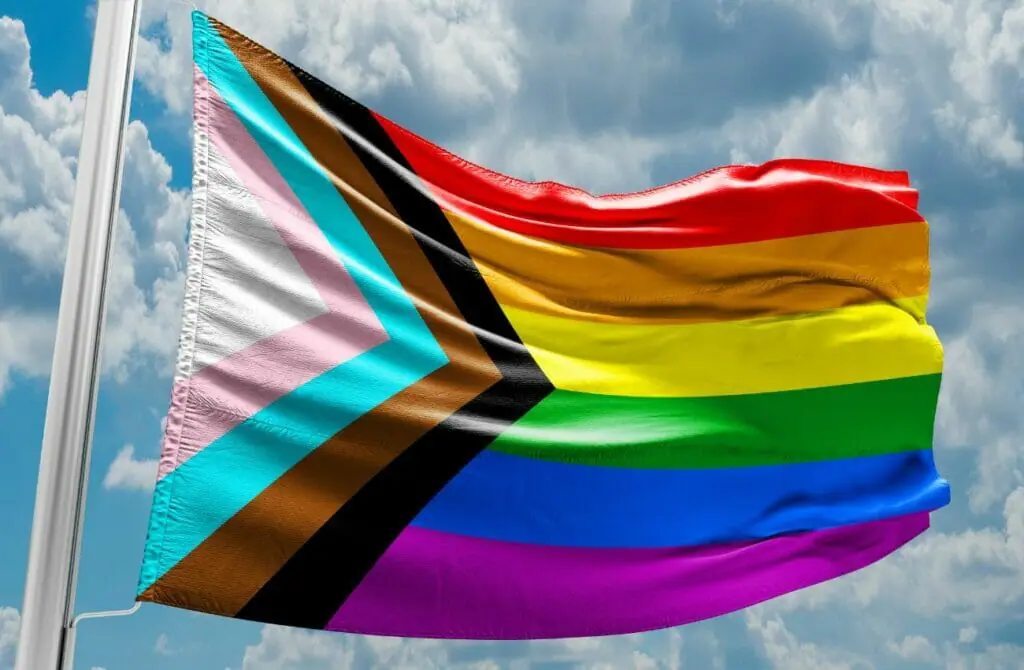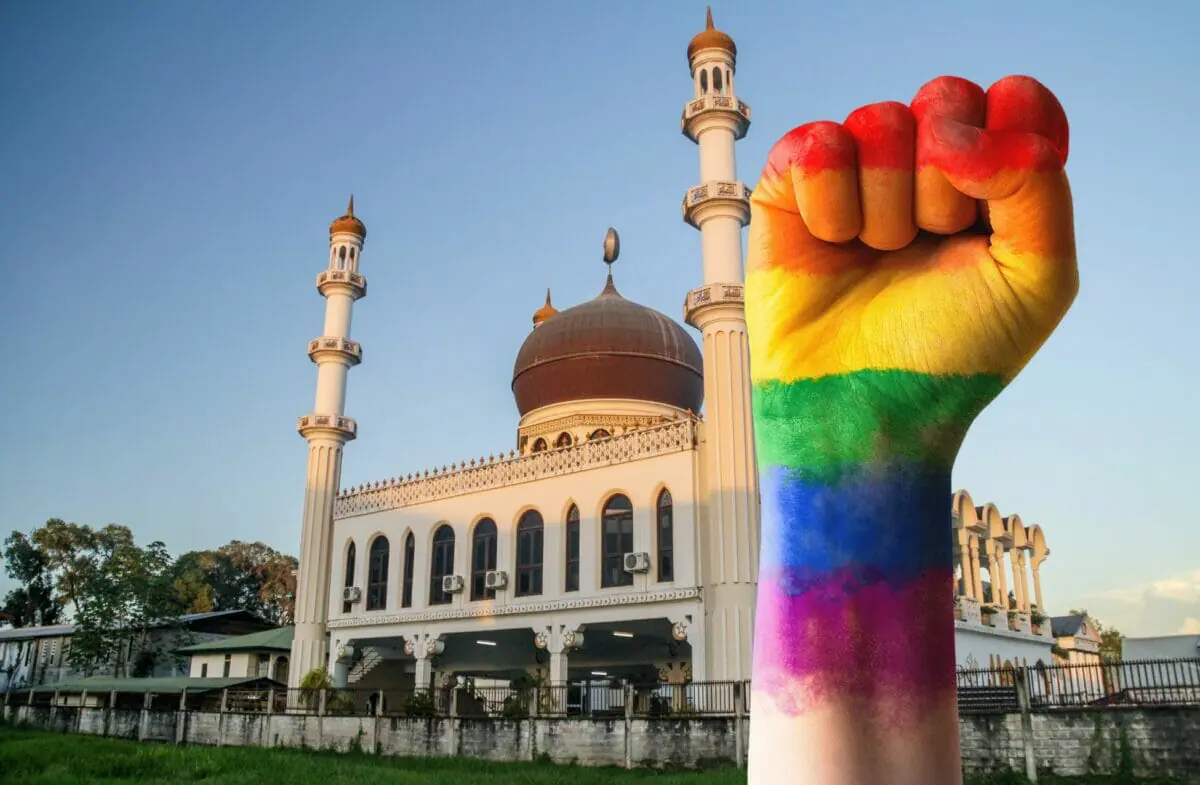LGBT rights in Suriname have seen significant progress over the past several years. Both male and female same-sex sexual activity are legal in the South American country, with important strides being made to protect the LGBT community from hate speech and discrimination in employment and service provision. Same-sex marriage and civil unions, however, remain unrecognized by law.
While the Surinamese government has made an effort to protect its LGBT citizens, the situation can swiftly change, and the experiences of locals may not necessarily be the same as those of tourists. It is essential for visitors, particularly those identifying as LGBT, to remain cautious and vigilant, as there may still be individuals or groups harboring animosity towards the community.
Before traveling to Suriname, one should research the current state of LGBT rights and seek advice from local advocacy groups such as the LGBT platform Suriname, which comprises Suriname Men United, Women’s Way Foundation, and He+ HIV. Being well-informed and maintaining an awareness of the evolving legal landscape is crucial to ensure safety and understanding during a visit to this diverse country.
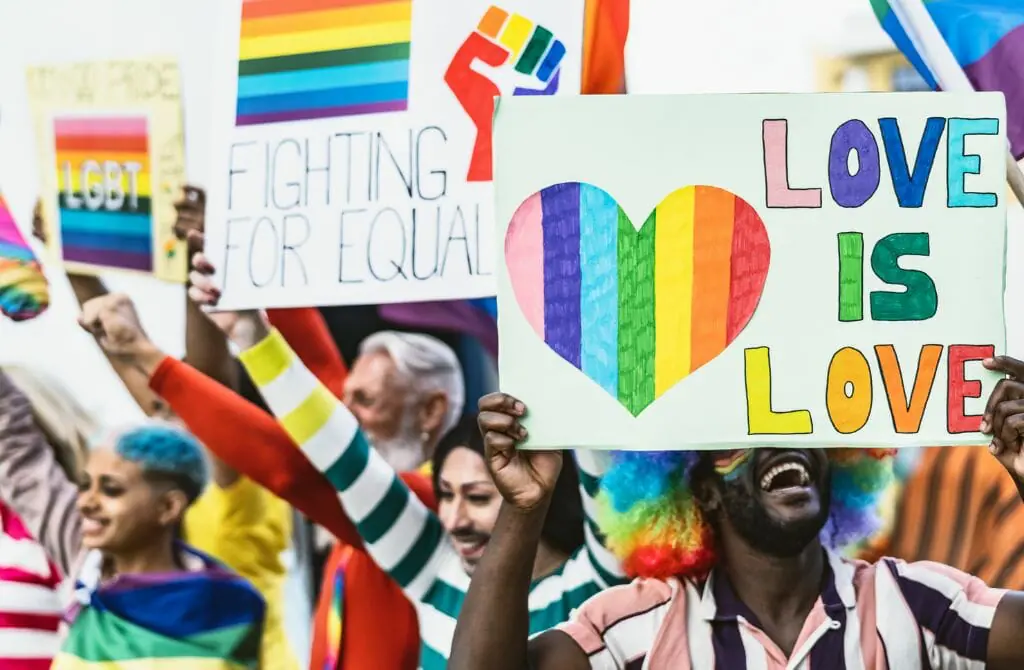
History of LGBT Rights In Suriname
The history of LGBT rights in Suriname has been largely unrecognized until recent years. The small South American country has faced various legal challenges when it comes to the rights and recognition of the LGBT community. However, both male and female same-sex sexual activity have been legal in Suriname. Despite the legality, attitudes towards the LGBT community may vary, and local people could experience different challenges compared to tourists.
In 2015, Parea Suriname, an LGBT platform, took the initiative to collect and document the history of the LGBT community in the country. This effort aimed to create a central and easily accessible resource for future generations. Parea Suriname was also involved in the organization of the “Faces” exhibition in 2016, which focused on the history and experiences of LGBT individuals in Suriname and the United States.
Another significant development in Suriname’s legal landscape for LGBT rights occurred in January 2018. The Inter-American Court of Human Rights ruled that same-sex marriage is a human right protected by the American Convention on Human Rights. Suriname, being a signatory of the convention, is legally bound by this ruling. Despite this, the country has yet to recognize same-sex marriages or civil unions in its national laws.
As the situation regarding LGBT rights in Suriname can change rapidly, it is important to seek current advice before traveling or engaging in activities related to LGBT rights. Individuals should remain vigilant and be cautious about potential bad actors, especially when traveling to a foreign country. There are several LGBT advocacy groups available to provide guidance, support, and advice on relevant issues.
In conclusion, Suriname has been making progress in terms of LGBT rights, and there is growing awareness and documentation of the country’s diverse and resilient LGBT community. However, legal recognition of same-sex relationships still remains a challenge, and attitudes may vary locally. For travelers and individuals engaging with the LGBT community, staying up-to-date on the current situation and acting cautiously is crucial for their safety and well-being.
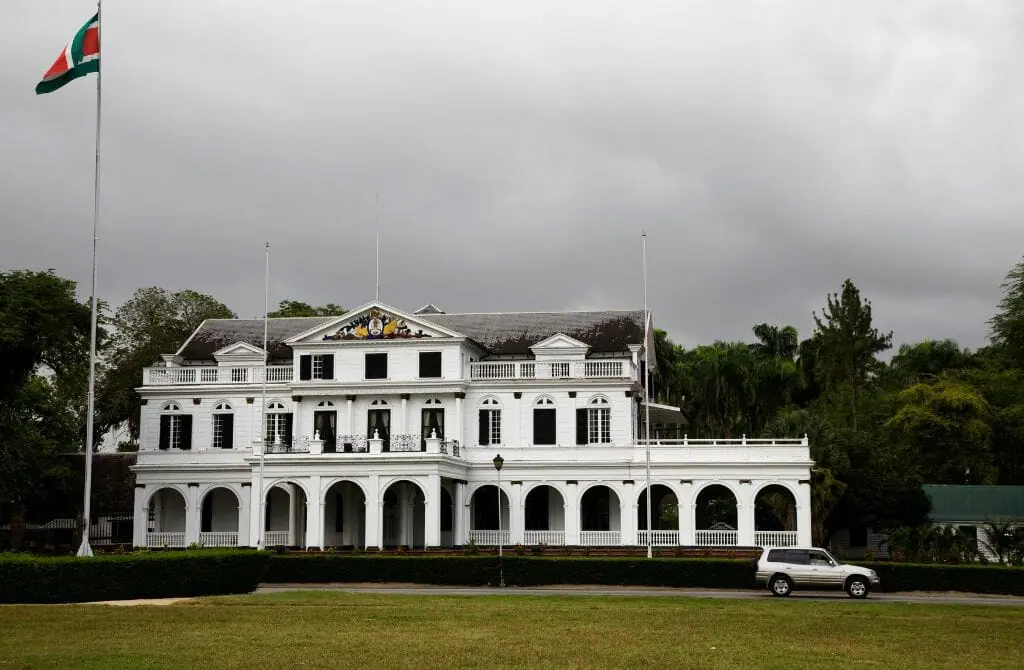
The LGBT Legal Situation In Suriname
In Suriname, both male and female same-sex sexual activity are legal. However, when it comes to broader rights and protections for the LGBT community, there are still some gaps to be addressed. While the government has enacted some measures to protect LGBT citizens, residents, and possibly tourists against discrimination and hate speech, further advancements are necessary for complete equality.
Suriname has implemented various anti-discrimination laws since 2015 that address hate speech and discrimination in employment and the provision of goods and services based on sexual orientation. These steps align with international commitments such as the Inter-American Convention on Human Rights and the UN Convention on the Rights of the Child, to which Suriname is a party, and play a crucial role in ensuring basic human rights for all individuals, regardless of their sexual orientation or gender identity.
Despite these legal advancements, Suriname does not recognize same-sex marriages or civil unions. This limitation on equal rights reveals the need for further actions by the government and LGBT advocacy groups to push for amendments to the existing laws. Additionally, the right to change one’s legal gender does exist, but it requires undergoing surgery, which might not be accessible or desirable for all transgender individuals.
The age of consent in Suriname is the same for both heterosexual and same-sex relationships, demonstrating equality in this aspect of the law. However, it is important to note that while key legal protections exist, there may always be individuals who act against these laws or harbor discriminatory attitudes. Consequently, both local people and tourists should remain vigilant and be aware of any changes in the legal situation that may impact their rights and safety.
In conclusion, the legal situation for LGBT rights in Suriname is a mix of progressive measures and areas in need of further development. It is essential for individuals to stay informed about the current situation and exercise caution, as well as support local advocacy groups working toward full equality and protection for all, regardless of sexual orientation or gender identity.
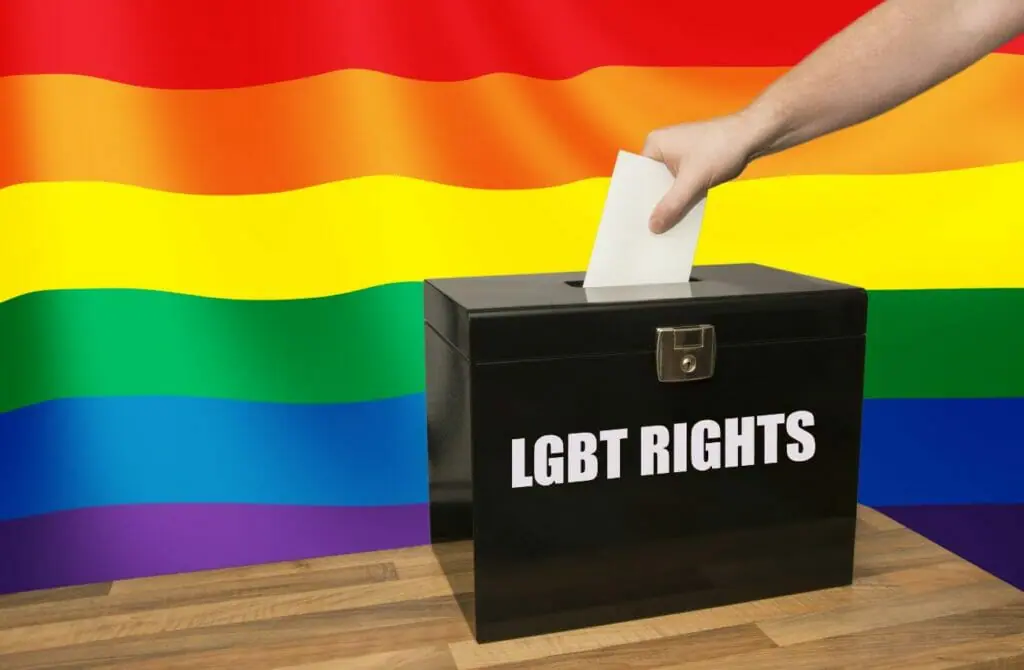

The LGBT Social Situation In Suriname
In Suriname, lesbian, gay, bisexual, and transgender (LGBT) individuals have seen some legal progress in recent years, but it remains a complex social situation. Both male and female same-sex sexual activity are legal, and since 2015, hate speech and discrimination based on sexual orientation in employment and the provision of goods and services have been banned. However, Suriname does not recognize same-sex marriages or civil unions.
Public opinion and attitudes towards LGBT rights can vary, with some areas being more accepting than others, and the topic may still be considered taboo in certain circles. Discrimination in housing based on sexual orientation and gender identity is illegal, though stigma and prejudice may persist.
LGBT youth and individuals may face challenges such as anxiety and depression, exacerbated by society’s attitude or even the effects of the COVID-19 pandemic. Local organizations such as LGBT Platform Suriname are working to support the community, promote greater diversity, and encourage self-reflection, harmony, and self-expression in Surinamese society.
For tourists within the LGBT community, exercising vigilance and staying up-to-date with the current situation in Suriname is essential, as circumstances can change quickly. Seeking advice from reliable sources and being aware of local advocacy groups’ efforts can help provide a better understanding of the social climate in the country. While Suriname has seen positive steps regarding legal protections for the LGBT community, maintaining caution and safety remains important for both locals and visitors.

Trans Rights In Suriname
In Suriname, transgender individuals can legally change their gender, but it requires sex reassignment surgery to do so. The process of changing one’s legal gender can be a lengthy and challenging endeavor, but it is an essential step for the transgender community to gain recognition and exercise their basic human rights.
Transgender individuals in Suriname still face various challenges, such as discrimination and lack of proper legal protections. Despite the country’s constitution stating that no one may be discriminated against based on various factors, including sex, it is essential to note that specific non-discrimination laws focusing on sexual orientation and gender identity are not comprehensive.
For instance, employment discrimination protections only cover sexual orientation, leaving transgender individuals still vulnerable to exclusion and unfair treatment in the workplace.
To address these issues, local and international LGBT advocacy groups have been working towards strengthening the legal framework regarding LGBT rights in Suriname. Their efforts aim to broaden non-discrimination laws to encompass gender identity and expand recognition of relationships and protections for transgender individuals.
It is crucial for both local residents and tourists who identify as LGBT to remain vigilant and stay informed about the current situation of LGBT rights in Suriname. Information can quickly become outdated, and individual experiences can vary depending on various factors. Therefore, it is always best to seek updated advice from reliable sources before traveling.
In conclusion, the transgender community in Suriname has made progress regarding legal recognition and the right to change their legal gender, but there is still much work to be done to ensure full protection from discrimination and equal access to basic human rights.


The Future For The Queer Community In Suriname
The future for LGBT rights in Suriname is promising, as the government has made significant strides in recent years to protect the lesbian, gay, bisexual, and transgender community. However, challenges remain with regard to full equality and societal acceptance.
In Suriname, both male and female same-sex sexual activity is legal, and discrimination based on sexual orientation and gender identity is illegal in employment and housing. Nonetheless, same-sex marriage remains unrecognized, and transgender individuals must undergo surgery to legally change their gender.
There is still work to do in advancing the rights of non-binary individuals and provisions of goods and services for the LGBT community as well.
Local LGBT advocacy groups are active in promoting equality and raising awareness, which contributes to a more inclusive environment for the community. Maintaining a professional and authoritative tone in discussing LGBT rights is essential, as it impacts both local people and tourists visiting the country. Civil society organizations and public hearings play a vital role in driving change and creating dialogue on these issues.
While there has been progress, it is important to err on the side of caution and remain vigilant as situations can change rapidly, and information may become out of date. Before traveling, it’s essential to seek current advice and be aware of any potential risks or concerns, particularly for LGBT individuals. Discrimination, stigma, and hate speech persist despite legal protections, and harmony and self-expression may not always be guaranteed.
Efforts to protect and support LGBT youth are critical, especially in light of the UN Convention on the Rights of the Child, which Suriname has ratified. Addressing the challenges faced by LGBT youth, such as bullying, social exclusion, and higher rates of mental health issues, is necessary to create a more inclusive and supportive society.
In conclusion, Suriname has made notable progress in LGBT rights, fostering a more equitable environment for the community. However, several areas require further attention, such as non-binary recognition and societal acceptance. By continuing to advocate for change, engage with civil society, and maintain a strong stance on equality, there is hope that the future for LGBT rights in Suriname will be brighter and more inclusive than ever before.
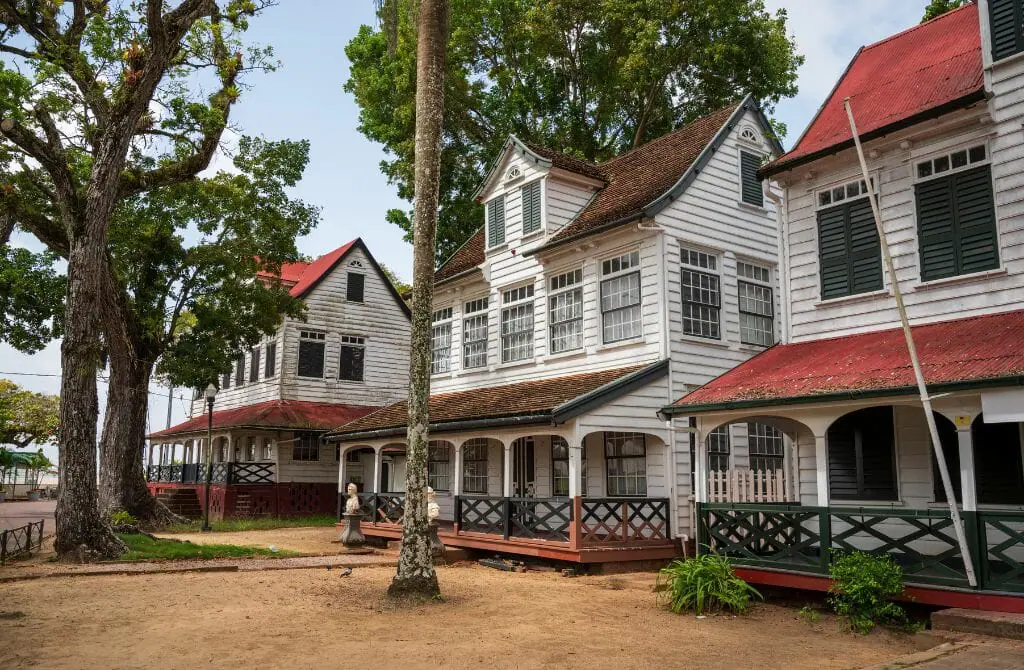
Protect Yourself While Travelling In Gay Suriname
In Suriname, LGBT people may face legal challenges not experienced by non-LGBT individuals. It is important for both tourists and locals to understand the LGBT rights situation in the country and take necessary precautions to protect themselves.
Both male and female same-sex sexual activity are legal in Suriname, but discrimination and unequal treatment on the basis of sexual orientation and gender identity still persist. To protect yourself from potential violence, discrimination or prejudice, it is advised to be cautious when traveling or living in Suriname. Remain vigilant and aware of your surroundings, as situations can change quickly, and always seek current advice before making decisions.
For LGBT youth, facing stigma and discrimination can be particularly challenging. Seek support from trusted friends and family members, and engage with advocacy groups in the country that can provide guidance, resources, and camaraderie. These organizations may help to navigate the legal and social landscape and offer valuable support in case of encountering prejudice or potential harm.
In addition, consider connecting with local LGBT advocacy groups such as the Foundation for Human Focus, an organization that works to combat discrimination and promote equality for all LGBT persons in Suriname. Engaging with these organizations can help bolster your understanding of the current climate, as well as foster a sense of community and support.
It is important to remember that while progress has been made, there are still challenges facing LGBT individuals in Suriname. Information can be outdated, and environments may change rapidly, so it is always wise to stay informed and remain cautious in ensuring personal safety and well-being.
